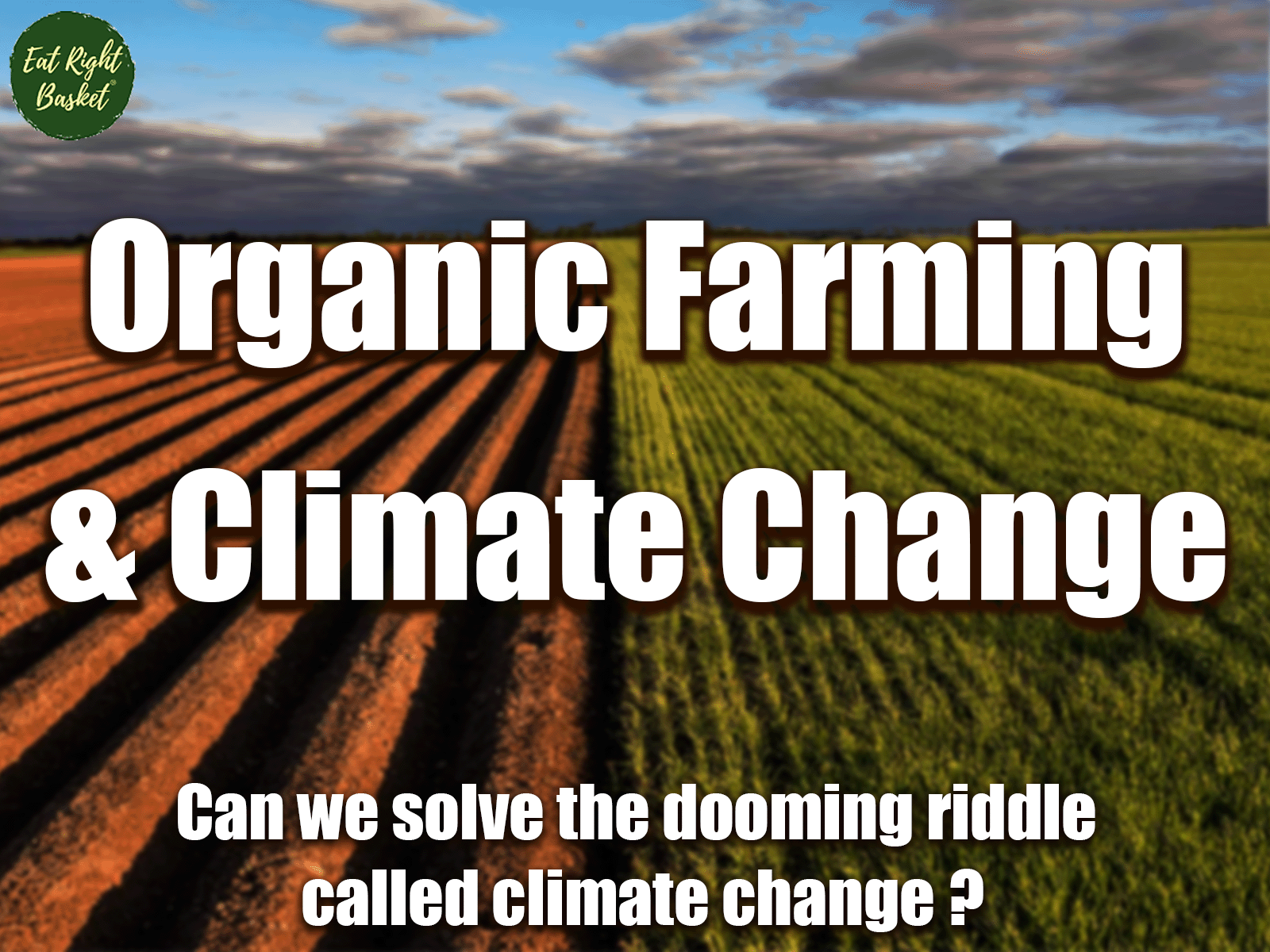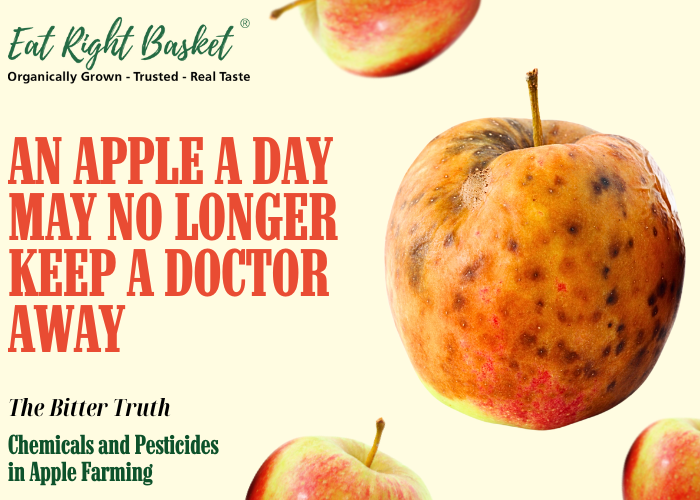Many people choose organic products due to the health benefits, but did you know that it also contributes to earth’s health?
The industry behind agriculture is responsible for nearly 30% of all greenhouse gas emissions.
Organic farming can help to fight this issue with the potential to lower emissions immensely – It even helps farmers adapt to the effects of this global crisis.
But Why are the Greenhouse Emissions so high? & How can Organic Agriculture tackle the problem?
Nitrous oxide as fertiliser:
The driving force behind climate change are greenhouse gases (GHG).
The main GHG emitted by agriculture is nitrous oxide, a gas which has 300 times more impact on the climate than CO₂.
Nitrogen is the main ingredient of artificial fertiliser used in conventional farming. Not all of the fertiliser is taken in by the soil, as about 1.6% emits in the air. Also studies show that use of nitrogen fertiliser is directly tied to the loss of carbon from the soil: The more fertiliser applied, the more carbon gets released from the soil into the atmosphere.
Furthermore, nitrogen production is mostly powered by fossil fuels. So much so that 1% percent of global fossil energy is used on it.
In contrast, organic agriculture does not rely on artificial fertilisers. Compensation is found in highly effective recycling and composting of livestock and crops, creating closed nutrient cycles. This also cuts the need to produce and to transport fertiliser.
Carbon Sequestration:
We are losing around 1% of our farmland every year through conventional farming practices with erosion or the poisoning of the soil and groundwater. To compensate for this loss, large areas of natural ecosystems are lost to deforestation. This practice releases major amounts of CO₂.
Carbon sequestration will be a useful tool. As the name suggests, it can store carbon in the soil and organically treated soil has the potential to store big quantities of carbon. While conventional farming actually loses carbon through manuring or ploughing.
Organic practices will also help in regaining lost farmland. Enrichment and stabilisation of the soil can minimise the effects of erosion and can support the revitalisation of the soil. In this way we get more ground to support humanity’s growing population while preserving nature and the carbon lost in deforestation.
Adaptation to the effects of Climate Change:
Modern agriculture will need to adapt if we want to support an exploding population under the face of global warming. This is due to the more and more unpredictable weather patterns, which will get more and more extreme as time goes on.
Studies have shown that soil in organic farming can hold more water and nutrients. In this way, production losses in droughts can be compensated. By comparison, conventional farming practices are out produced by 70-90% in droughts.
This also applies to other events. Organic soil can better deal with floods and helps in erosion by keeping the matter and the nutrients safer, all while having higher yields.
Conclusion:
We are currently battling one of the most pressing issue humanity has ever faced. In order to navigate this situation and to ensure the food supply we need to make changes to the way our crops are grown.
Without the use of industrial fertiliser we could cut the emissions of nitrous oxide. Lost farm land could be regained and carbon could be trapped in the soil, all while having bigger security through a more stable yield, even in extreme weather conditions.
Although more research is needed to be done on the topic, organic farming shows great potential to assist us in solving this dooming riddle called climate change.





